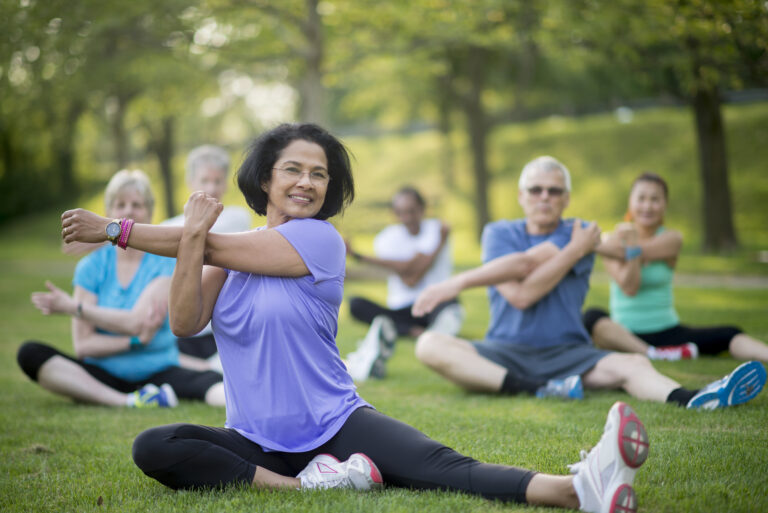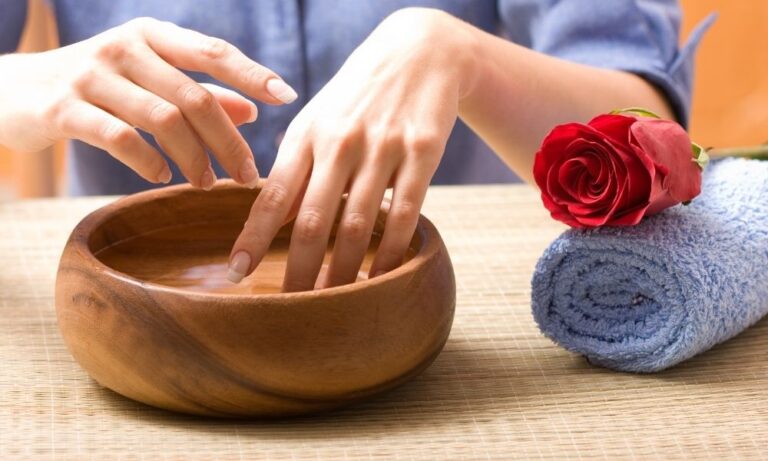Nearly 1 out of 20 people in the United States are living with rosacea. Rosacea is a non-contagious skin condition that causes redness in the face. While scientists are still researching this condition, there are many things they have discovered that can help people manage the symptoms of their rosacea. If you or someone you know has rosacea, the following tips can help you easily manage and prevent rosacea flare-ups.
Use Caution With Sun Exposure
Too much exposure to the sun can cause rosacea to flare up. When you know that you will be outside, take precautions. Wearing a hat can protect the areas of your skin that are affected by rosacea, such as your nose, cheeks, eyes, ears, and neck. Wearing sunscreen will also help manage your symptoms. Choose a sunscreen that is SPF 30 or higher. Be sure to check that the sunscreen is fragrance-free. The American Academy of Dermatology suggests using a sunscreen with zinc oxide or titanium dioxide, as these are least likely to cause skin irritation.
Watch What You Eat and Drink
A lot of what you put into your body can affect the way your skin looks and feels. For example, many people find that eating spicy foods causes their rosacea to react. Choosing the mild version of your favorite spicy foods can help. Alcohol can also be a trigger. When deciding whether to go with a glass of red or white wine, choose the white wine. Red wine has been linked to worsening rosacea symptoms. Studies have even shown that the heat from a hot drink, such as coffee or tea, can affect rosacea. If you find that the redness in your face increases after drinking your morning cup of joe, try letting it cool down a bit before drinking it or switching it out for an iced coffee.
Pay Attention to Factors in Your Environment
Environmental factors such as extreme heat and bitter cold can cause adverse effects on your rosacea. Avoid being outside in severe summertime or wintertime temperatures for extended periods. If you will be outside when it’s hot, plan ahead, bring a nice cold drink to sip on, dress appropriately, and do your best to find a spot that provides shade. If you are out in the wind or cold, wearing a scarf around your cheeks can help reduce flare-ups. Make sure that the scarf material isn’t scratchy to avoid skin irritation.
Manage Your Stress
While it’s pretty impossible to live a life without stress, reducing stress or finding ways to manage it can help greatly when talking about rosacea and its symptoms. The higher the stress levels, the worse your rosacea is more likely to be. So whether it is deep breathing, yoga, or something different, finding a stress-reducing activity that you enjoy and doing it daily can help.
Keep a Journal
The most important thing to realize with rosacea is that it isn’t a one-size-fits-all skin condition. If you are trying to manage your rosacea, keeping a journal of what you eat, your activities, and when your rosacea seems to flare up can help you find your flare-ups’ causes and help guide you to the changes you need to make.
Through trial and error and a little observation, you can minimize the effects of your rosacea. You should also see a board-certified dermatologist to find the best treatment plan. Together you can help keep your rosacea from worsening over time.
Nearly 1 out of 20 people in the United States are living with rosacea. Rosacea is a non-contagious skin condition that causes redness in the face. While scientists are still researching this condition, there are many things they have discovered that can help people manage the symptoms of their rosacea. If you or someone you know has rosacea, the following tips can help you easily manage and prevent rosacea flare-ups.
Use Caution With Sun Exposure
Too much exposure to the sun can cause rosacea to flare up. When you know that you will be outside, take precautions. Wearing a hat can protect the areas of your skin that are affected by rosacea, such as your nose, cheeks, eyes, ears, and neck. Wearing sunscreen will also help manage your symptoms. Choose a sunscreen that is SPF 30 or higher. Be sure to check that the sunscreen is fragrance-free. The American Academy of Dermatology suggests using a sunscreen with zinc oxide or titanium dioxide, as these are least likely to cause skin irritation.
Watch What You Eat and Drink
A lot of what you put into your body can affect the way your skin looks and feels. For example, many people find that eating spicy foods causes their rosacea to react. Choosing the mild version of your favorite spicy foods can help. Alcohol can also be a trigger. When deciding whether to go with a glass of red or white wine, choose the white wine. Red wine has been linked to worsening rosacea symptoms. Studies have even shown that the heat from a hot drink, such as coffee or tea, can affect rosacea. If you find that the redness in your face increases after drinking your morning cup of joe, try letting it cool down a bit before drinking it or switching it out for an iced coffee.
Pay Attention to Factors in Your Environment
Environmental factors such as extreme heat and bitter cold can cause adverse effects on your rosacea. Avoid being outside in severe summertime or wintertime temperatures for extended periods. If you will be outside when it’s hot, plan ahead, bring a nice cold drink to sip on, dress appropriately, and do your best to find a spot that provides shade. If you are out in the wind or cold, wearing a scarf around your cheeks can help reduce flare-ups. Make sure that the scarf material isn’t scratchy to avoid skin irritation.
Manage Your Stress
While it’s pretty impossible to live a life without stress, reducing stress or finding ways to manage it can help greatly when talking about rosacea and its symptoms. The higher the stress levels, the worse your rosacea is more likely to be. So whether it is deep breathing, yoga, or something different, finding a stress-reducing activity that you enjoy and doing it daily can help.
Keep a Journal
The most important thing to realize with rosacea is that it isn’t a one-size-fits-all skin condition. If you are trying to manage your rosacea, keeping a journal of what you eat, your activities, and when your rosacea seems to flare up can help you find your flare-ups’ causes and help guide you to the changes you need to make.
Through trial and error and a little observation, you can minimize the effects of your rosacea. You should also see a board-certified dermatologist to find the best treatment plan. Together you can help keep your rosacea from worsening over time.


